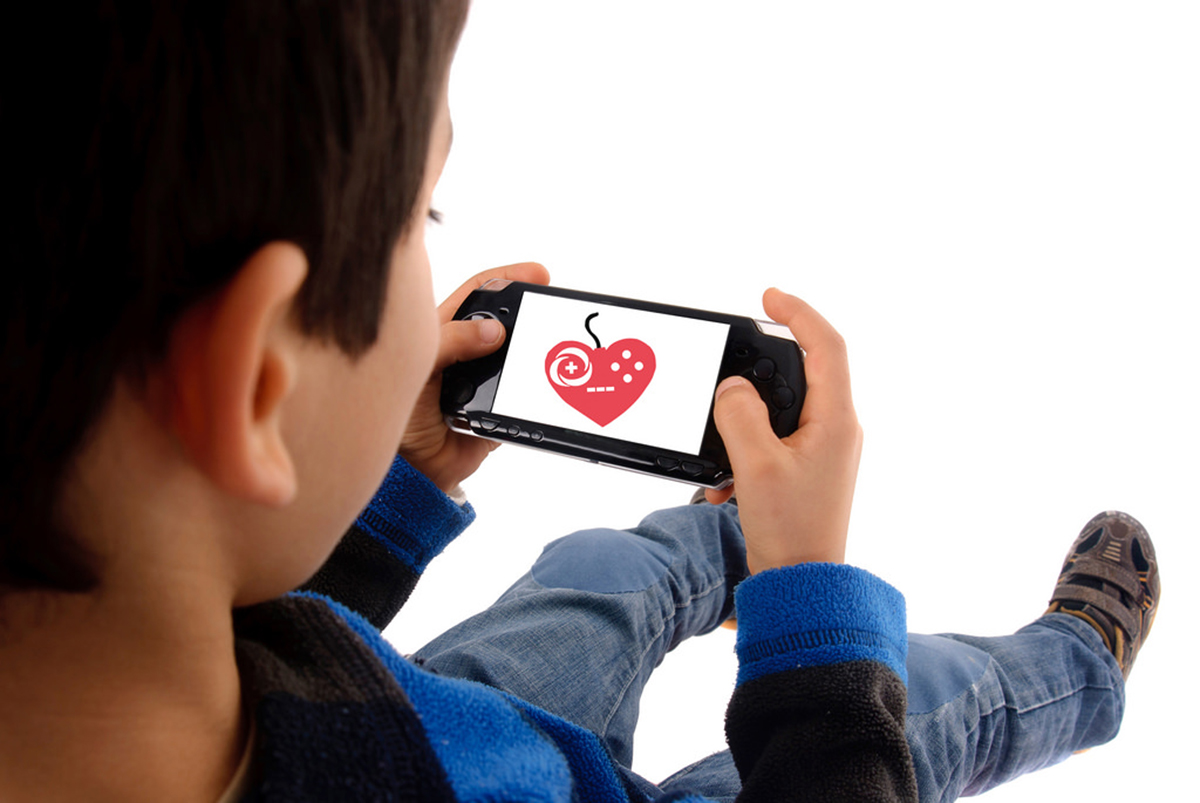Table of Contents
Children and teens are especially susceptible to digital addiction because the "brakes" on impulsive activity in the cortex of the brain aren't fully developed until the early 20's. That is the reason that teens engage in reckless behavior. Video games are a double whammy that keep the brain constantly stimulated, so it takes more and more and more input to feel good, but the executive function of the cortex doesn't get a chance to develop through life experience.

At its most extreme, digital addiction can result in game transfer syndrome, in which digital addicts begin to perceive the 3-D world in terms of the characters of the games they play. Minecraft addicts, for example, begin seeing the world in cube forms. Fantasy gamers see dragons in their real world. Some teens have had to be hospitalized for psychotic breaks from reality induced by extreme digital addiction. In Korea, some teens have even died.
The DSM-5, which was published in 2013, doesn't give psychiatrists a formal definition of digital addiction. It suggested that the disorder should be given further study. However, there are some clear signs that digital addiction is taking over your life:
- You don't feel normal if you have to go a full day without Internet access.
- You lose self-control if you have to go a full day without Internet access.
- You can't think of anything else to do if you have to go a full day without Internet access.
- You always walk around with your pad on and your headphones in your ear.
- You watch your phone or your eyes are glued to your phone while you are with other people. This is rude, but it's also a sign of addiction.
- If you have to choose between your digital device and sex, you choose the digital device. Or you prefer pornography to a relationship with a real human being.
- You have tried to cut back on the amount of time your spend on the Internet or your devices and you can't.
- You have gotten into trouble at school or work because of the way you use your digital devices.
Studies of Facebook addiction have linked it to narcissism, low self-esteem, social anxiety, or depression after being disconnected from other sources of digital entertainment. People who are able to avoid addiction to social media tend to be people who have impulse control. They also avoid focusing on negative comments, "dislikes," and perceived or real hostility online.
READ Only One Hour of Playing Video Games Makes Teenaged Boys Eat More All Day
What's the treatment for Internet addiction disorder? Dr. Kardaras believes that addiction recovery dependson nothing less than "genuine, in-depth, face-to-face intimacy and connection," not more Facebook friends and more Twitter followers. It's never too late to train your brain to function in the real world better than in the virtual world. However, in the most extreme cases, the chemical imbalances in your brain induced by digital addiction may require medical treatment in addition to a vacation from your devices while you regain these skills with professional help.
- Guedes E, Sancassiani F, Carta MG, Campos C, Machado S, King AL, Nardi AE. Internet Addiction and Excessive Social Networks Use: What About Facebook? Clin Pract Epidemiol Ment Health. 2016 Jun 28.12:43-8. doi: 10.2174/1745017901612010043. eCollection 2016.PMID: 27418940.
- Photo courtesy of Pedro Simoes: www.flickr.com/photos/pedrosimoes7/6179133644/
- Photo courtesy of com_salud: www.flickr.com/photos/com_salud/13966920065/
- Photo courtesy of com_salud: www.flickr.com/photos/com_salud/13966920065/


Your thoughts on this